Major League Baseball Should Kick Its Racist Past and Put Dick Allen in the Hall of Fame
Many consider the 1964 National League Rookie of the Year and 1972 American League Most Valuable Player the best ballplayer not honored in Cooperstown.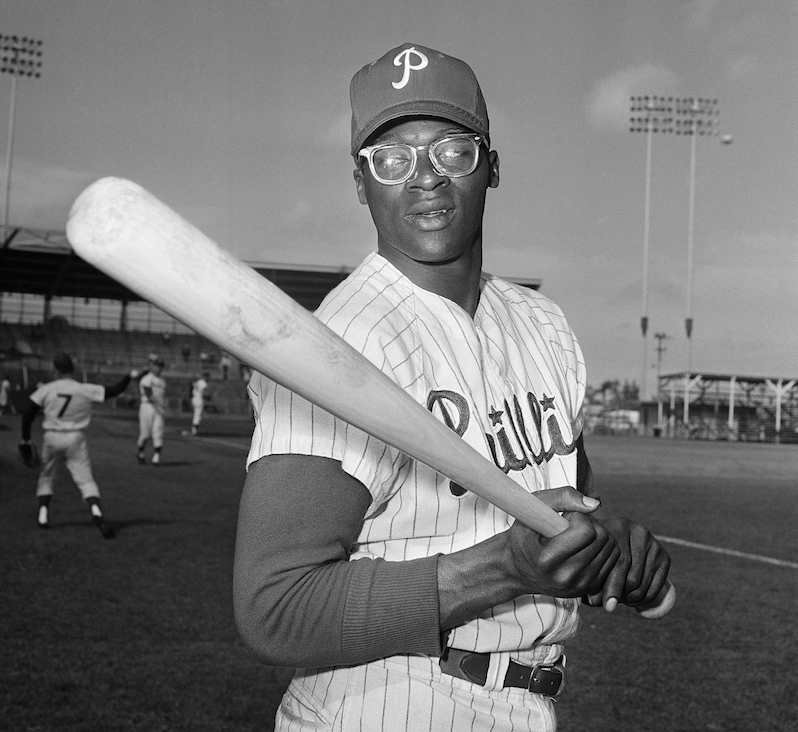 Dick Allen won the National League Rookie of the Year Award in 1964 and played in 1,749 games over a 15-year career in the major leagues. (AP)
1
2
3
Dick Allen won the National League Rookie of the Year Award in 1964 and played in 1,749 games over a 15-year career in the major leagues. (AP)
1
2
3
Wright’s rhetorical question remains unanswered by baseball writers who still aren’t on Allen’s side. For instance, Dave Fleming, writing on BillJamesOnline.com in 2008:
“Here’s an exercise: write down a list of the most controversial players in baseball history. Ty Cobb would be on the list. [Shoeless] Joe Jackson created a fair bit of controversy. Hal Chase: he was the Devil in a uniform. Babe Ruth generated a little bit of press, I suppose. And though it’s forgotten now, Ted Williams was about as disliked as any playerever was. … And wherever Allen ranks among the most controversial players, there is no doubt that Dick Allen had a career filled with controversy. And you know what? A lot of that controversy is sort of ignored right now. It sure seems that accounts about Allen have undergone a kind of historical revision.”
No, I don’t think so. If Dick Allen’s story had undergone “historical revision,” he’d have a plaque in Cooperstown. (He lost being elected by the Golden Era Committee in 2014 by one vote. The Golden Era ballot won’t be held again until 2017, by which time Allen will be 75.)
The controversies that surrounded, say, Ted Williams, have undergone historical revision. As recent biographies have made clear, Williams was selfish, immature, and frequently mean-spirited to fans, opponents and teammates alike. In fact, if I were going to make an argument about a player who did more to keep his team from winning than any other, I’d have to go with Ted Williams. And I defy anyone to spend a few days researching the lives of Williams and Allen and argue that Ted Williams, on the basis of his behavior, deserved to be in the Hall of Fame more than Dick Allen.
I have no doubt which one I’d rather play on the same team with.
In his prologue to “God Almighty Hisself,” Nathanson quotes Gene Mauch that “Richie Allen wants to be treated like Willie Mays so bad he can taste it. But so far he’s still trying to find out how to act like Willie Mays.”
That is probably true, and Mauch is right. On the other hand, let’s point out that most white writers then and now have never acknowledged the breaks that Willie Mays got that Dick Allen did not. Mays went from the South to the North, playing minor league ball in Trenton and Minneapolis before going to the New York Giants, where the team recruited a veteran black player, Monte Irvin, to watch over him and show him the ropes. Mays played his entire career in the two most liberal cities in the United States, New York and San Francisco, and he was adopted, for all intents and purposes, by a group of liberal sportswriters, including Arnold Hano, Roger Kahn and Charlie Einstein.
Dick Allen was 21 when the Phillies sent him, in what must have been culture shock, to a minor league team in Arkansas. He then went to what was regarded by black players at the time as the most bigoted city in the National League, Philadelphia, a city so disliked by black athletes that, in what has to be one of the bitterest ironies in baseball history, Curt Flood refused to go to Philadelphia after being traded for Dick Allen. The Philly papers had no Hanos, Kahns or Einsteins writing for them, and you know how Bob Skinner said some fans treated Allen.
In 1973, Georgia-born Roy Blount Jr., writing in Esquire, called Dick Allen “The first black man, and indeed the only contemporary man of any color, to assert himself in baseball with something like the unaccommodating force of Muhammad Ali in boxing, Kareem Abdul-Jabbar in basketball, and Jim Brown in football.”
Should history cut Dick Allen a little slack? Does Dick Allen deserve to be in the Baseball Hall of Fame? Of course.
Allen Barra’s most recent book is “Mickey and Willie: Mantle and Mays, The Parallel Lives of Baseball’s Golden Age.”
Your support matters…
SUPPORT TRUTHDIG
Independent journalism is under threat and overshadowed by heavily funded mainstream media.
You can help level the playing field. Become a member.
Your tax-deductible contribution keeps us digging beneath the headlines to give you thought-provoking, investigative reporting and analysis that unearths what's really happening- without compromise.
Give today to support our courageous, independent journalists.
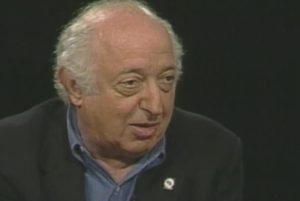
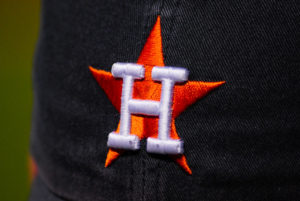
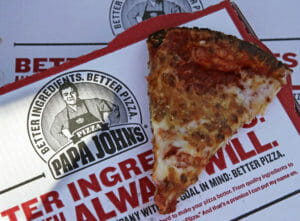
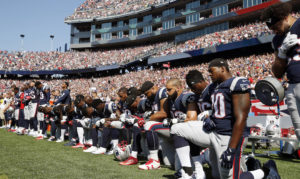
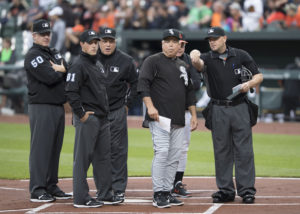
You need to be a supporter to comment.
There are currently no responses to this article.
Be the first to respond.